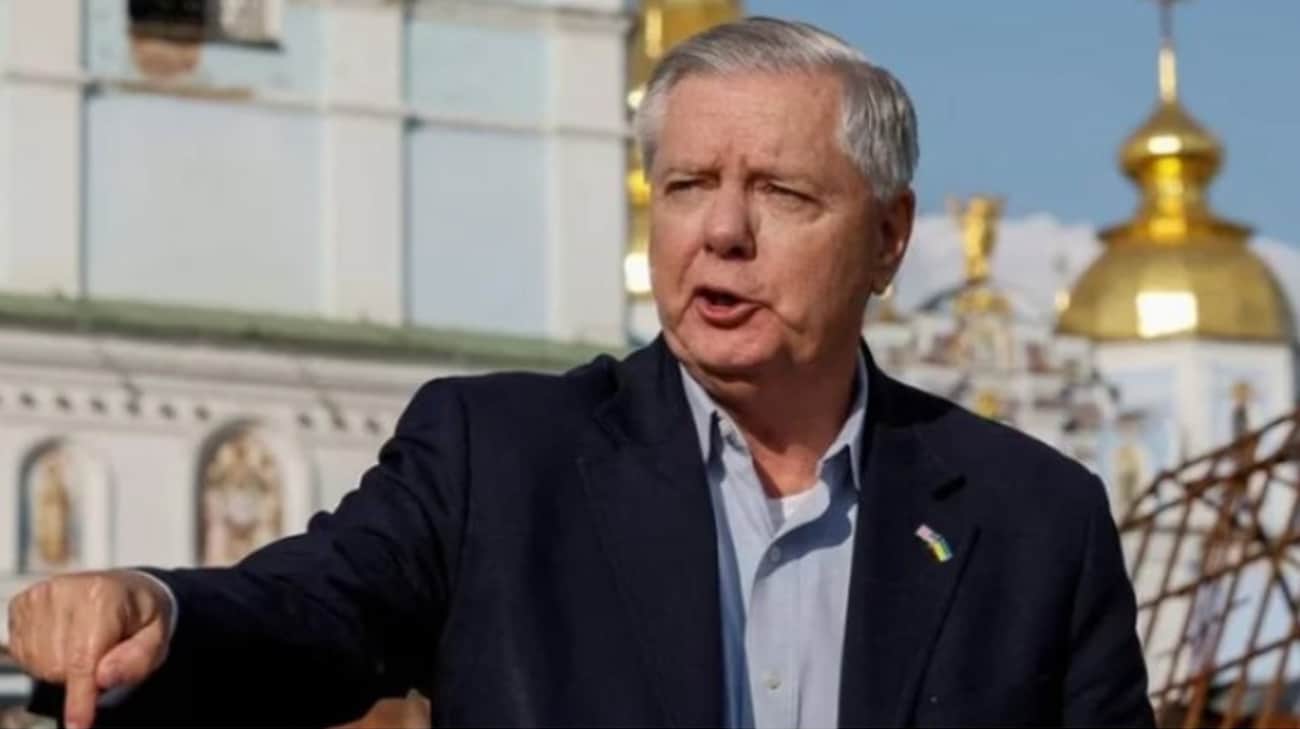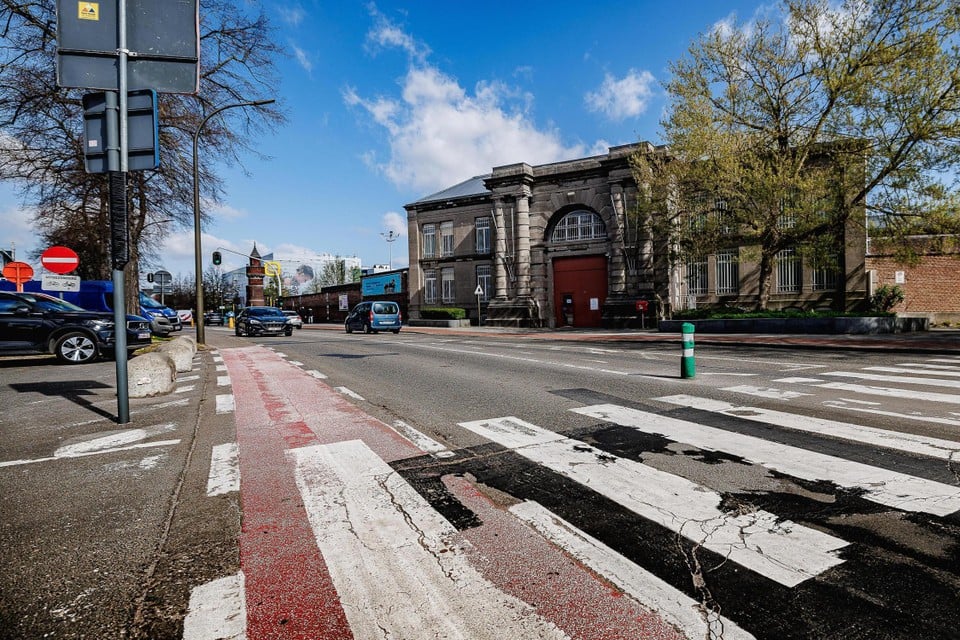Yojalan's call to PKK gave birth to hopes in Turkey, Kurds in Syria ignored him

Turkish extremist leader Abdullah Yojalan has called on his Kurdish Workers' Party (PKK) to disarm and dissolve on Thursday, a move that can end the 40 -year conflict with Ankara and have widespread consequences – political and security in the region.
If the PKK leadership listens to the call of its founder to put a weapon that is not guaranteed, President Recep Tayyip Erdogan will receive a historical opportunity to pacify and develop southeastern Turkey, where violence killed thousands of people and devastates the regional economy.
In the meantime, Yojalan himself, now 75, can see the dream of his life for peace realized after being closed on an island near Istanbul in almost complete isolation since 1999.
Turkey promises to improve the life of the Kurds after talking to Yojalan
In neighboring Syria, the new administration could establish greater control over the Kurdish North as it seeks to restore a nation fragmented by a civil war. Peace will also eliminate the permanent source of sparks in a firing area – the Kurds -rich Northern Iraq, where the PKK established its base two decades ago.
- « I call for weapons and take on the historical responsibility for this call, » Yojalan said in a letter published by members of the Turkish Pro -Kurdish Party DEM.
- Yojalan asked his party to hold a congress and officially agree to self -distribute.
- A delegation of DEM visited Yojalan on Thursday at the Prison of Imrali Island and later handed over his message to the nearby Istanbul, with a picture of them, along with Yojalan, was projected on the wall behind them.
But the commander of the Kurds -led powers who control northeastern Syria said the call was not referring to the group he was directing.

Maslum Abdi, commander of the Syrian Democratic Forces (SDF), said he welcomed Abdullah Yojalan's historic appeal to the PKK to end the decades of armed struggle against the Turkish state, which he said would have positive consequences in the region. He then specified that this applies only to PKK and « not related to us in Syria ».
Its position is a signal that it will not have an immediate impact on SDF from the words of Yojalan, despite the affiliation of people's protection units (YPG) – the main Kurdish groups at the base of the SDF – to the PKK. Turkey claims that YPG is PKK and, together with the Syrian armed factions, joined to Turkey, have fought the group.
| « If there is peace in Turkey, it means that there is no excuse to continue to attack us here in Syria, » Abdi said. |
His group established control of Kurdish regions in northern Syria after the outbreak of the Syrian Civil War in 2011 and later became the US-based US in the battle against the Islamic State, further expanding the area under its control.

SDF had a small conflict with the Syrian army with then-President Bashar al-Assad. She is now facing the calls of the new Damascus administration, which dropped Assad in December, to merge with the newly created State Security Forces. Turkey is one of the main supporters of the new Syrian administration.
Abdi expressed his desire to be part of the new Ministry of Defense, but said they should join as a block, not as individuals, an idea rejected by the new government.
PKK announced a condition for leaving Syria
Neither the SDF nor the administration led by the Kurds were invited to a National Dialogue Conference convened in Damascus on February 25th. The administration led by the Kurds said the conference did not represent the Syrians. Abdi said the Syrian Kurdish authorities would organize their own local dialogue for the future of the Northeastern region.
In Turkey, in the first reaction of Yojalan's call by Erdogan's ruling party, its deputy chairman Efkan Ala said that the country would be « liberated from its shackles » if PKK really put a weapon. The group is considered a terrorist organization from Turkey and its Western allies.
Devlet Bahcheli, Turkish ultra -nationalist leader and a close political ally of Erdogan, suggested in October Yojalan to order his fighters to end their armed struggle – a decade after the previous peace process collapsed between Turkey and PKK. Bahchelli suggested that Yojalan could even be released if he made such a call.

In his message on Thursday, Yojalan said the armed struggle had « gone », although he also called on Turkey to show respect for ethnic minorities, freedom of expression and the right to democratic self -organization.
The pro -Kurd political movement, the subject of long -standing judicial repression, will hopes Yojalan's move will help to introduce democratic reforms and cultural and linguistic rights in Turkey.
For Ankara, the peace agreement will facilitate the burden on its security forces, will ease the social tension and give impetus to the poorly developed economy of a predominantly Kurdish southeast. It would also be a great success for Erdogan, who has taken some steps in his two decades in power to solve the problem.
The PKK rebellion largely focused on the southeast, but also included deadly attacks in Istanbul and other Turkish cities. Most of the killed in the conflict are PKK fighters.
Analysts quoted by Reuters said that the growing regional instability has led to a sharp turn in the government regarding Yojalan. This allowed the opposition party to meet with him the first at the end of December, shortly after the fall of Bashar al-Assad.
Erdogan said he believed that « eventually brotherhood, unity and peace will win. » But if it is blocked this time, he said, « We will not hesitate to use the iron fist of our country, wrapped in velvet glove. »
The uncertain position of Kurdish forces in Syria, where Islamist rebels removed Assad after 13 years of civil war, as well as the uncertainty about Turkey's intentions made many Kurds worry about what was to come.
Although Erdogan has expressed support for the Bahcheli initiative, Turkish hostilities against PKK in Iraq and YPG continue with unsuccessful force.
The United States considers PKK to be terrorists, but have allied themselves with the group to which YPG belongs to the battle against the Islamic State in Syria. However, there is an uncertainty about how long this can continue with President Donald Trump and a friendly administration in Damascus. After the fall of the Maslum regime, Abdi had said that fighters who came to Syria from elsewhere to support Kurdish forces would leave if an agreement was reached with Turkey.
While Yojalan is still revered by the pro -Kurdish political movement, it is unclear how influence he has among the PKK fighters.
In a statement to celebrate the anniversary of the capture of Yojalan in 1999, the PKK said: « The leader Ap will begin a new process, a process of change, transformation and reconstruction for all, » using the guerrilla name of Yojalan. « The leader Ap and the Kurds will not divide Turkey, but they will work for the democratization of Turkey on the basis of the freedom of the Kurds.








